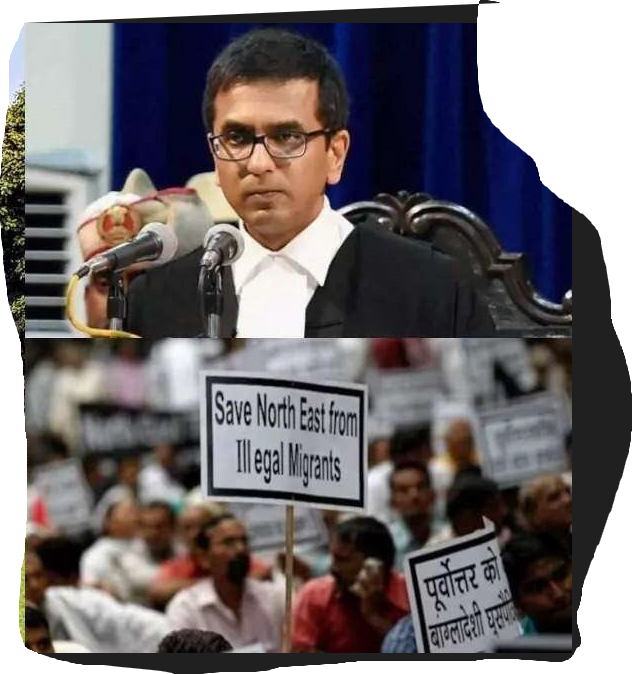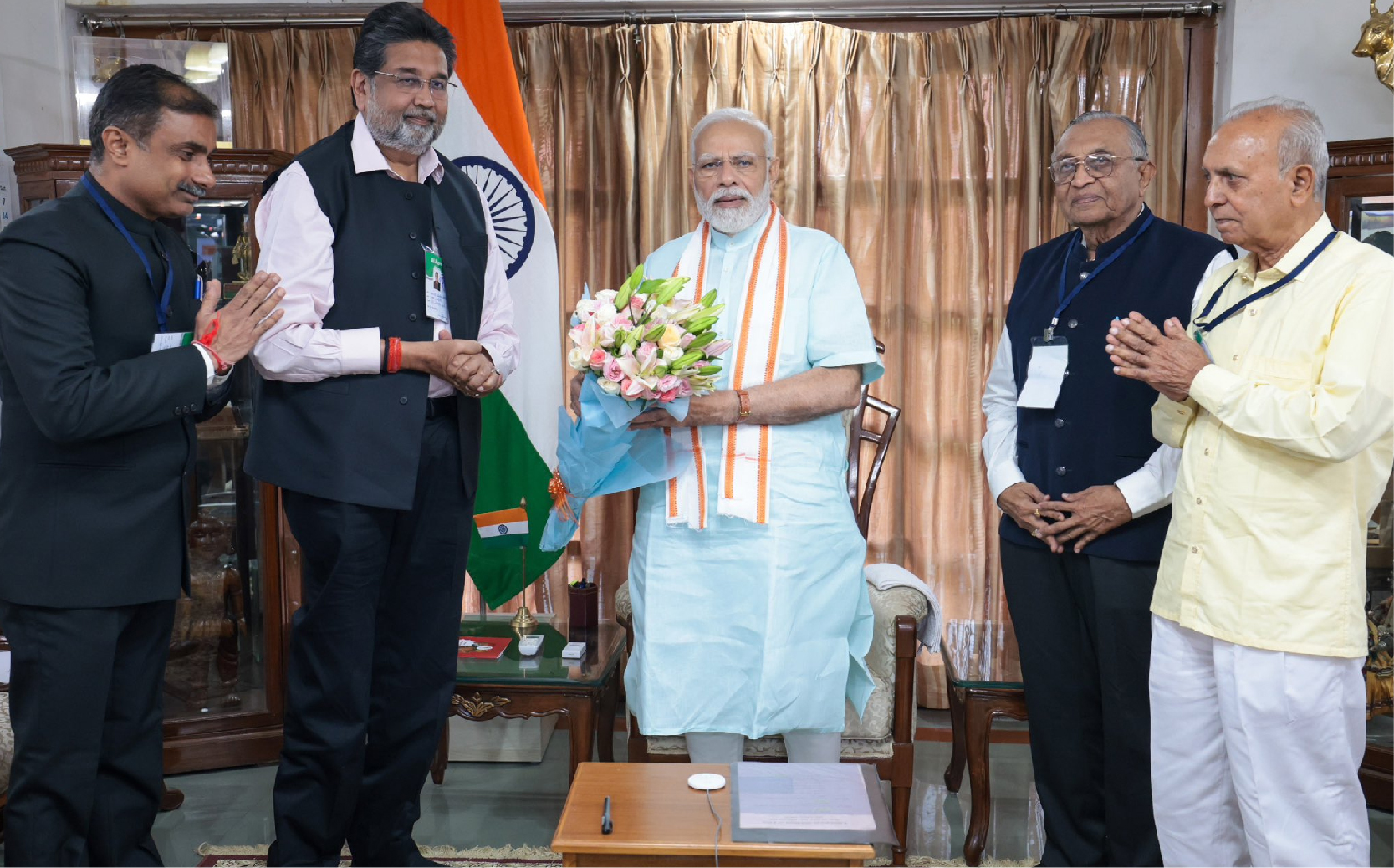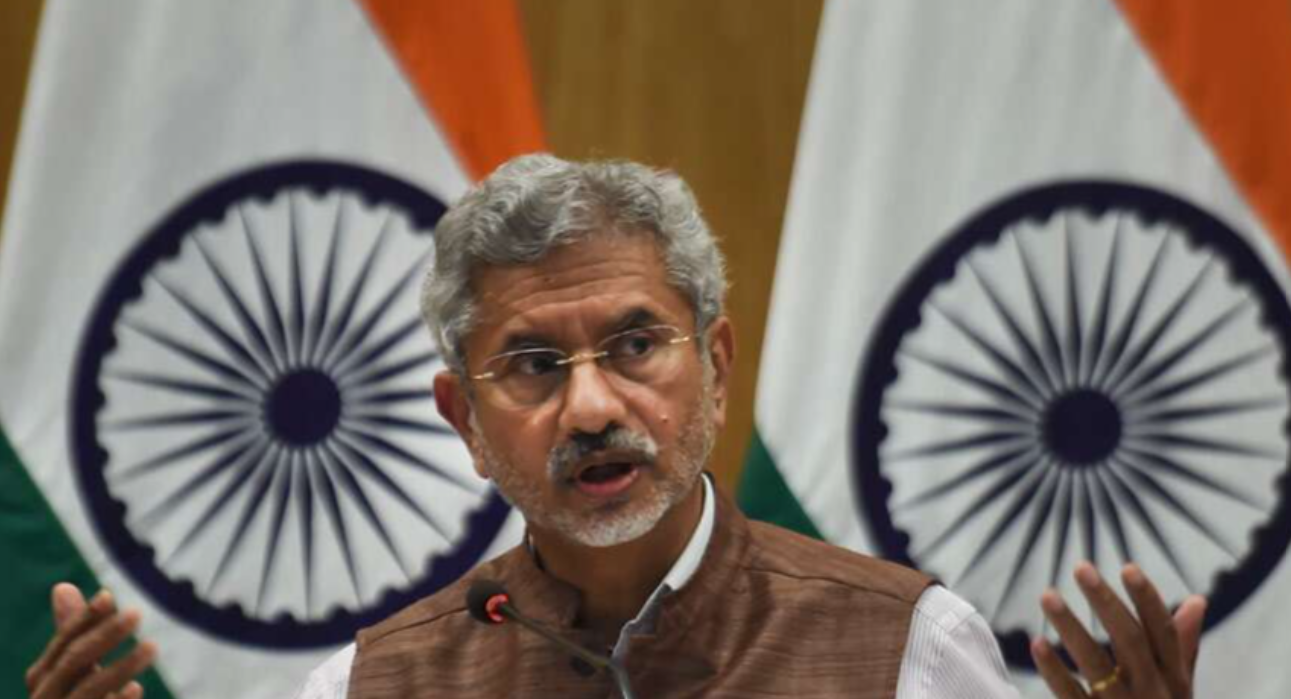The Supreme Court today raised critical questions regarding the discriminatory application of Section 6-A of the Citizenship Act. This section grants special rights to immigrants in Assam but excludes other states facing similar issues, like West Bengal.
Chief Justice D.Y. Chandra Chud, leading a five-judge Constitution bench, challenged Solicitor General Tushar Mehta, representing the Central Government and Assam, on the rationale behind this selective application. Why is Assam treated differently? West Bengal also has a long border, vulnerable to infiltration, he pointed out.
The court further questioned the exclusion of West Bengal, despite the presence of illegal immigrants. What justifies leaving Bengal out? We are not advocating for their protection, but why leave them out of this provision? How significant is illegal immigration in West Bengal, and what measures are being taken by the government to address it?
Responding to the queries, Solicitor General Mehta argued that West Bengal has separate laws dealing with illegal immigrants. The bench, however, countered this argument, highlighting the contradictory nature of these state laws about the central legislation.
The court’s probing questions suggest a potential challenge to the government’s decision to restrict Section 6-A’s benefits to Assam. The court might also delve into the comparative scale of illegal immigration in Assam and West Bengal.
Implications and Potential Outcomes:
- The Supreme Court’s intervention could lead to the nullification of Section 6-A’s discriminatory application.
- The court might also impose stricter guidelines on the government’s handling of illegal immigration across all border states.
- This case could set a precedent for addressing concerns over unequal treatment in citizenship laws.
Explanation of the Supreme Court’s Concerns:
- The court is concerned about the unfairness of granting special privileges only to Assam, neglecting other states experiencing similar issues.
- This disparity raises questions about the government’s rationale and potentially violates the Constitutional principles of equality.
- The court’s emphasis on addressing illegal immigration in West Bengal highlights its commitment to enforcing uniform standards across the nation.
Uncertainties and Future Developments:
- The Supreme Court’s final verdict on this matter remains unknown, and it could significantly impact the application of the Citizenship Act.
- The government’s response to the court’s questions and its future actions regarding illegal immigration across all states will be crucial.
- This case will be closely watched for its potential implications on the broader issue of citizenship rights and equality in India.



